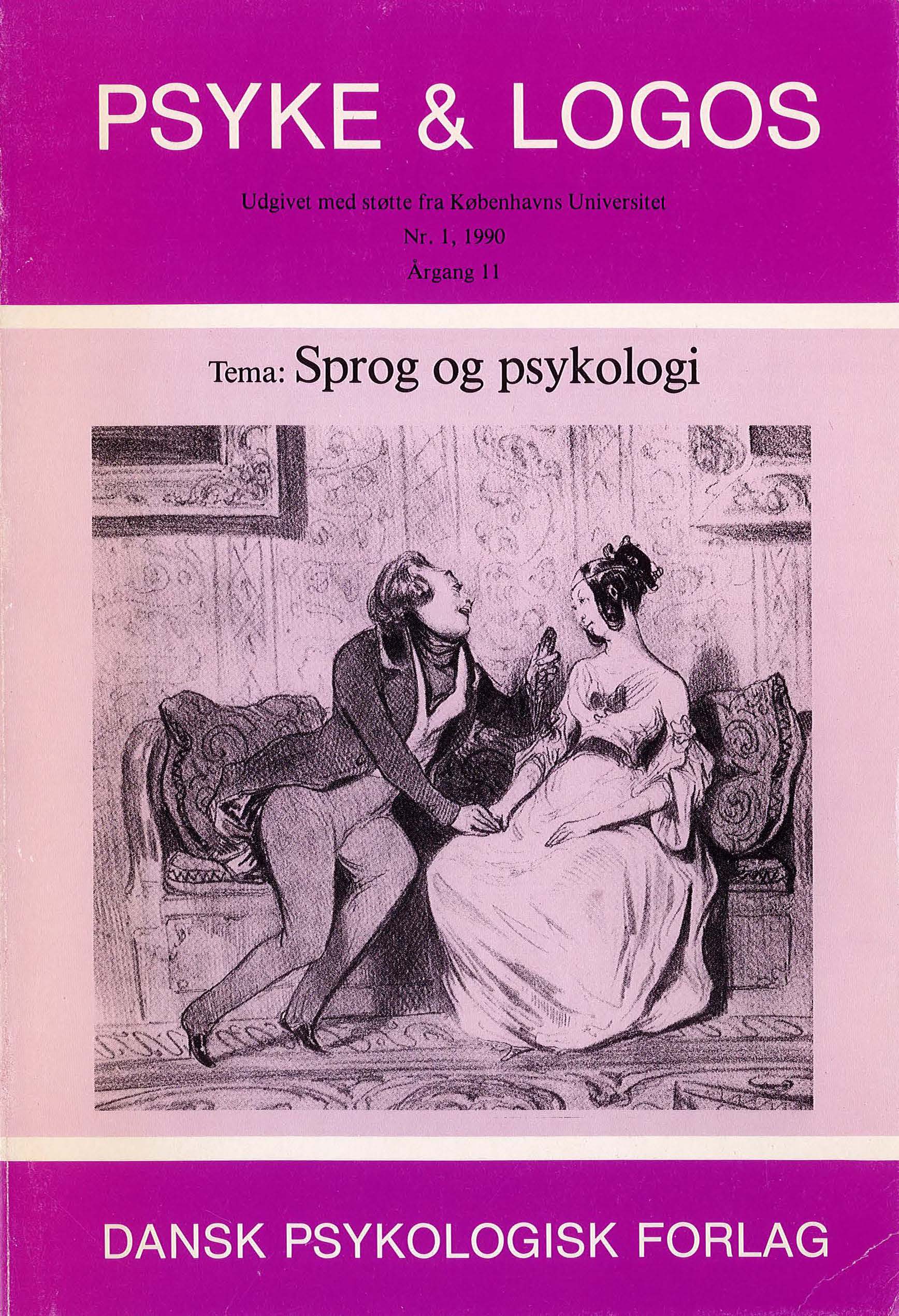Kognition og gensidighed
Om teori og praksis i sproglig kommunikation
DOI:
https://doi.org/10.7146/pl.v11i1.134204Abstract
The article takes up the issue of the 'practical ground' (Poulsen 1980) or 'background' (Searle 1983) as opposed to 'cognitive content', with particular reference to the concept of 'mutual knowledge'. A view is presented according to which human subjects relate to the world both as 'practical ground' for action and as 'cognitive content' of the mind, so that the well-functioning subject is able to co-ordinate the two spheres: 'knowing-how' is activated on the basis of 'knowing-that' the conditions of action are satisfied. A view of 'mutal knowledge' is put forward, arguing that the bottomless series of assumptions is neither harmless (as claimed by adherents of the notion) nor invalidating (as claimed in relevance theory). It is furthermore argued that the problem arises because of a lack of awareness of
the place of cognitive ('intellectual') content in relation to action. Finally, the view argued is briefly contrasted with some positions where either practice or theory is insufficiently treated, in the light of the position of this paper.
Downloads
Published
How to Cite
Issue
Section
License
Ophavsret er tidsskriftets og forfatternes. Det er gældende praksis, at artikler publiceret i Psyke & Logos, som efterfølgende oversættes til andet sprog, af forfatteren frit kan publiceres i internationale tidsskrifter, dog således at det ved reference fremgår, at den oversatte artikel har et forlæg i en dansksproget version i Psyke & Logos. Artikler kan frit deles og linkes til på forsknings- og undervisningsnetværk (så som Blackboard). Link foretrækkes, fordi det giver oplysning om brug af tidsskriftets artikler.




